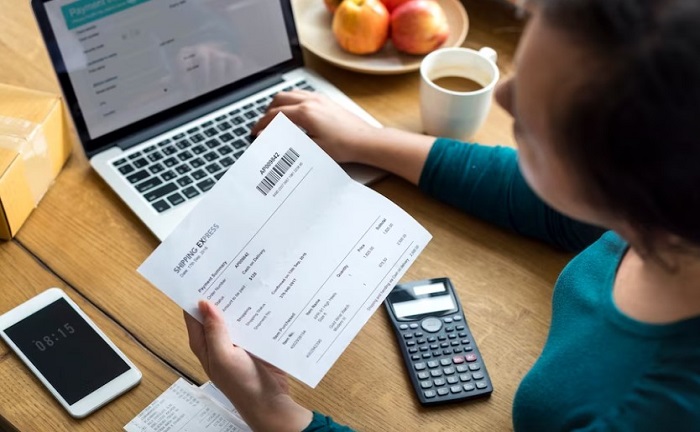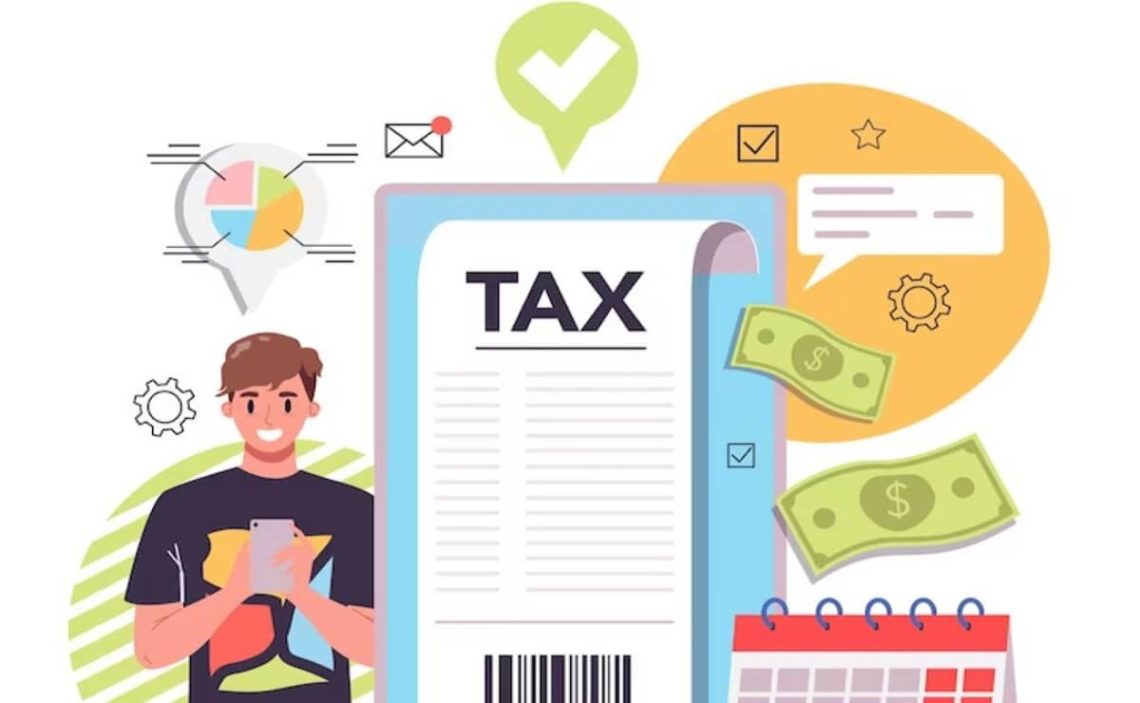Mobile payment apps like Venmo and Cash App have been in a debate regarding tax returns, which must be filed annually with the IRS. The two companies have been given extra time to be able to make tax changes.
Now the income and payments you make from the app created by Bob Lee must be reported to the IRS. According to current laws, the company must report payments in tens of thousands of dollars if the user has had extensive transactions completed over the year.
The legislation regulated 2 years ago demanded checking the tax reporting requirements of these mobile payment services, which were previously identified as “third-party settlement organizations.” Based on this law, the apps were supposed to provide their users with Form 1099-K, also known as “Payment Card and Third Party Network Transactions.”

This form applies to transactions as low as $600, either for payment of services or goods, for the 2022 tax period. But due to the controversy surrounding these types of payment applications, like Cash App, and the fact that individuals may not be reporting their income, the IRS announced that something needed to change.
The agency announced late last year that it would postpone these low tax reporting requirements until the 2024 tax return. The reason? The U.S. tax regulator reported that the decision is due to the lack of information not given by Cash App to their users.
Following this idea, the IRS decided that the next tax period would serve as a transition period for taxpayers who do not know how this new procedure for filing amounts of at least $600 would be.
But what does this new tax return for payment apps consist of?
The current requirement demands that these organizations issue Form 1099-K for taxpayers to report certain transactions that meet two conditions: gross payments greater than $20,000 and more than 200 transactions per year.
@
Now, the law that has already gone into effect requires users to fill out the form for any amount over $600, regardless of the number of transactions made. Therefore, thousands of people are expected to receive the form.
It should be made clear: this does not imply that those who use Cash App to make payments must pay a new tax. That is to say: it does not change the current tax law regarding whether or not certain income payments are taxable. But, if Form 1099-K includes amounts considered as such, you should refrain from reporting them.
However, make sure the payments are correctly classified in the mobile payment service. For example, a gift from a friend is an example of an amount that may be excluded from your income. If you receive money not for goods or services, it is best to classify the transaction correctly so you do not have to receive a 1099-K.
She has a degree in Social Communication (graduated in 2010). Arianna has experience in research and writing about universities, credit cards, procedures and insurance, among other topics related to finance in general.
With more than ten years of experience, she has worked in different local and digital media, writing on various issues related to the economy and international politics. She has also coordinated teams of editors, gaining experience in managing groups.
She was born in Merida, Venezuela. She lived in Wausau, Wisconsin, for 5 years, allowing her to learn English. Being bilingual, she also does research and writing in Spanish.
She has taken TOEFL exams and English proficiency tests (passed), so she is qualified to write texts in English.


